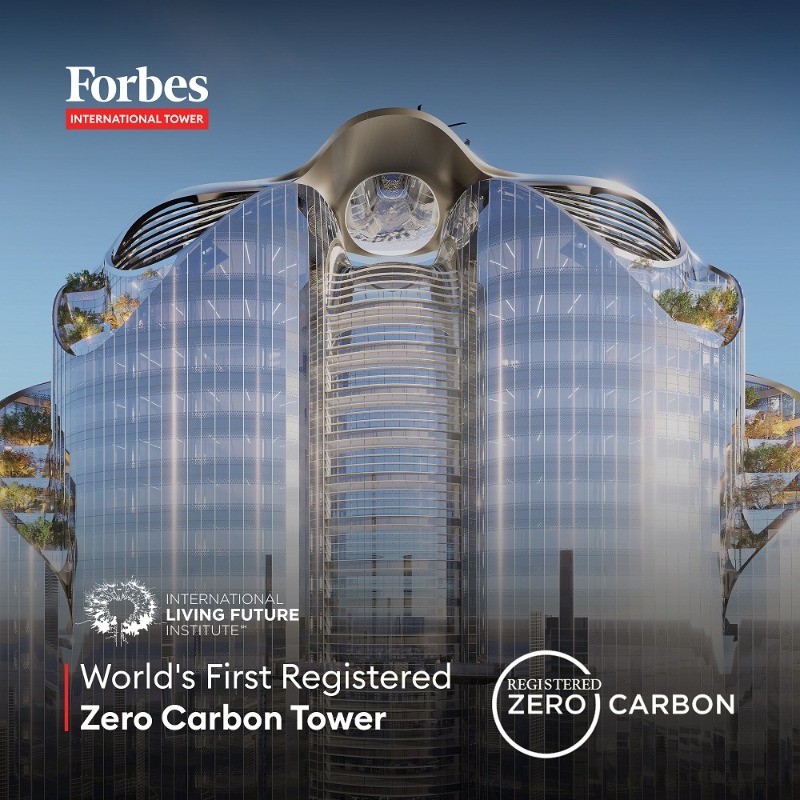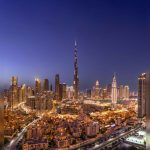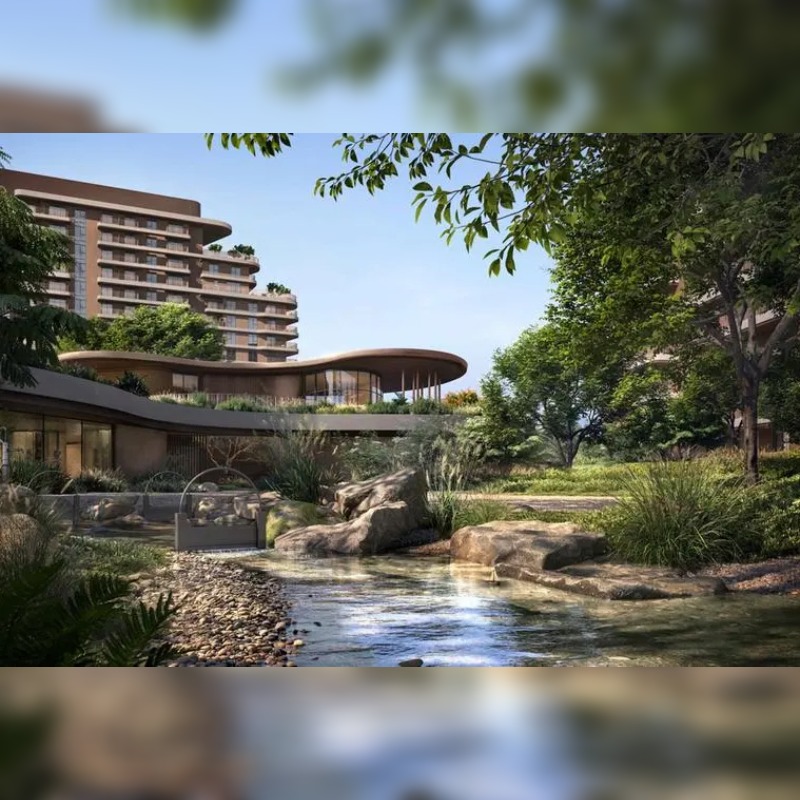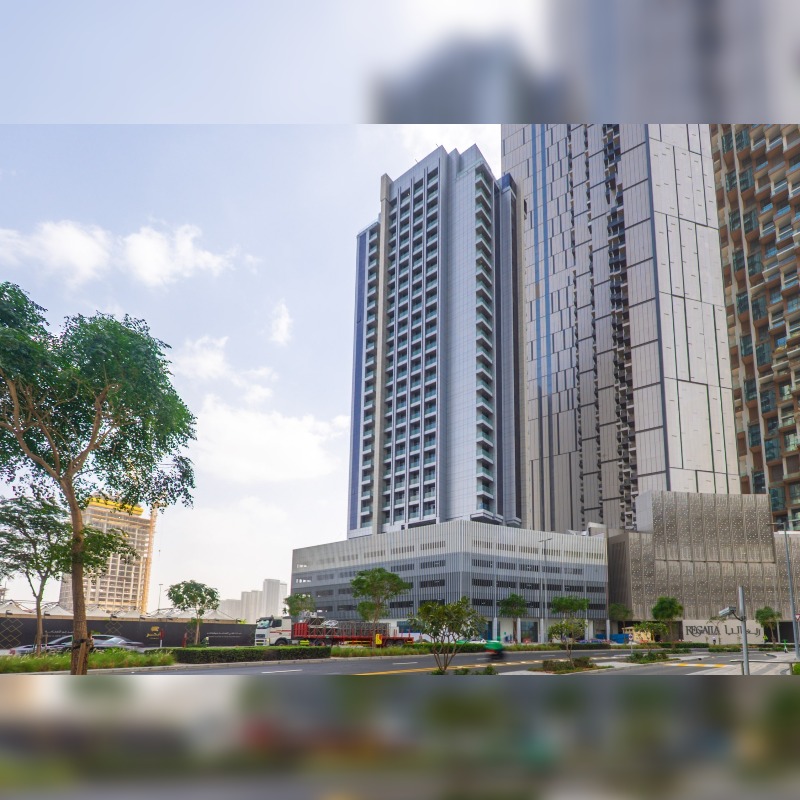
Magnom Properties Sets New Sustainability Milestone As Forbes International Tower Becomes The First Tower In The World To Officially Register For The International Living Future (ILFI) Zero Carbon Certification
Magnom Properties, a subsidiary of Saudi Arabia’s Rawabi Holding, has announced a groundbreaking achievement for its upcoming Forbes International Tower, as it becomes the first tower in the world to officially register for the International Living Future Institute (ILFI) Zero Carbon Certification. The new milestone brings Magnom Properties one step closer to delivering the lifecycle net negative carbon vision of the futuristic Forbes International Tower, planned in Saudi Arabia, the UAE, and Egypt.
US-based ILFI‘s Zero Carbon Certification is a third-party verified, industry-recognised standard with some of the most robust sustainability requirements to verify the operational and embodied carbon emissions of a built project, and directly address the building sector’s role in the global climate crisis. By registering for this prestigious certification, the Forbes International Tower, designed by Adrian Smith + Gordon Gill Architecture (AS+GG Architecture) and set to be the world’s first net-zero-carbon tower, amply demonstrates its credible and comprehensive approach to carbon neutrality and sets new milestones in green design construction.
To meet ILFI’s Zero Carbon requirements, the Forbes International Tower is incorporating advanced building design, construction, and operation technologies. Fully non-reliant on the conventional traditional grid, the tower’s power generation comes from 100% clean resources. Clean hydrogen will provide 75% of the total energy demands of the tower while its photovoltaic-laced design utilises solar energy to deliver around 25% of the required energy to operate the building.
Osman Ibrahim, CEO, Rawabi Holding and Vice Chairman, Magnom Properties, said: “We are proud that Forbes International Tower has achieved this prestigious achievement in the real estate sector, which reflects the great work done by our global partners and team. At Rawabi Holding, we draw inspiration from the natural environment that the countries in the region are known for, and this is reflected in our projects and services. Apart from using renewable materials, sustainable energy sources, and making efficient use of space and resources, we will also harness the potential of advanced technologies and innovation to create best-in-class sustainability standards for the Forbes International Tower.”
Maged Marie, CEO, Magnom Properties, added: “The tower is a pioneering experiment in the field of modern architectural engineering as it harnesses the potential of hydrogen to produce energy within the property. This is an unprecedented achievement in this sector, and a first of its kind in the world. The tower will also serve as both an incentive and inspiration for real estate to innovate and transform the way they develop their project infrastructure.”
He added: “By collaborating with our global partners and targeting the highest global green rating systems of all building certifications, the Forbes International Tower is shaping a new era of sustainability in the region and globally. Aiming for the ILFI Zero Carbon Certification will not only accelerate our decarbonisation efforts and enable smart building outcomes but also set a global precedent for sustainable design at this scale.”
To deliver on its lifecycle net negative carbon vision, the Forbes International Tower has focused on judicious materials sourcing and the use of sustainable alternatives in construction. By increasing the percentage of construction materials with low-embodied carbon, the tower will reduce its carbon footprint by 58%, equivalent to 60 million kg of CO2 emissions.
Recycling is another critical pillar of the sustainable vision of the Forbes International Tower. Accordingly, water recycling and treatment will account for75% of water usage while grey water will be reused for non-potable uses. To reduce overall freshwater demand, the tower will utilise low flush, low flow, and highly efficient sanitary fixtures and systems. The collection of rainwater and smart monitoring technologies will also be deployed to control the responsible usage of water.






